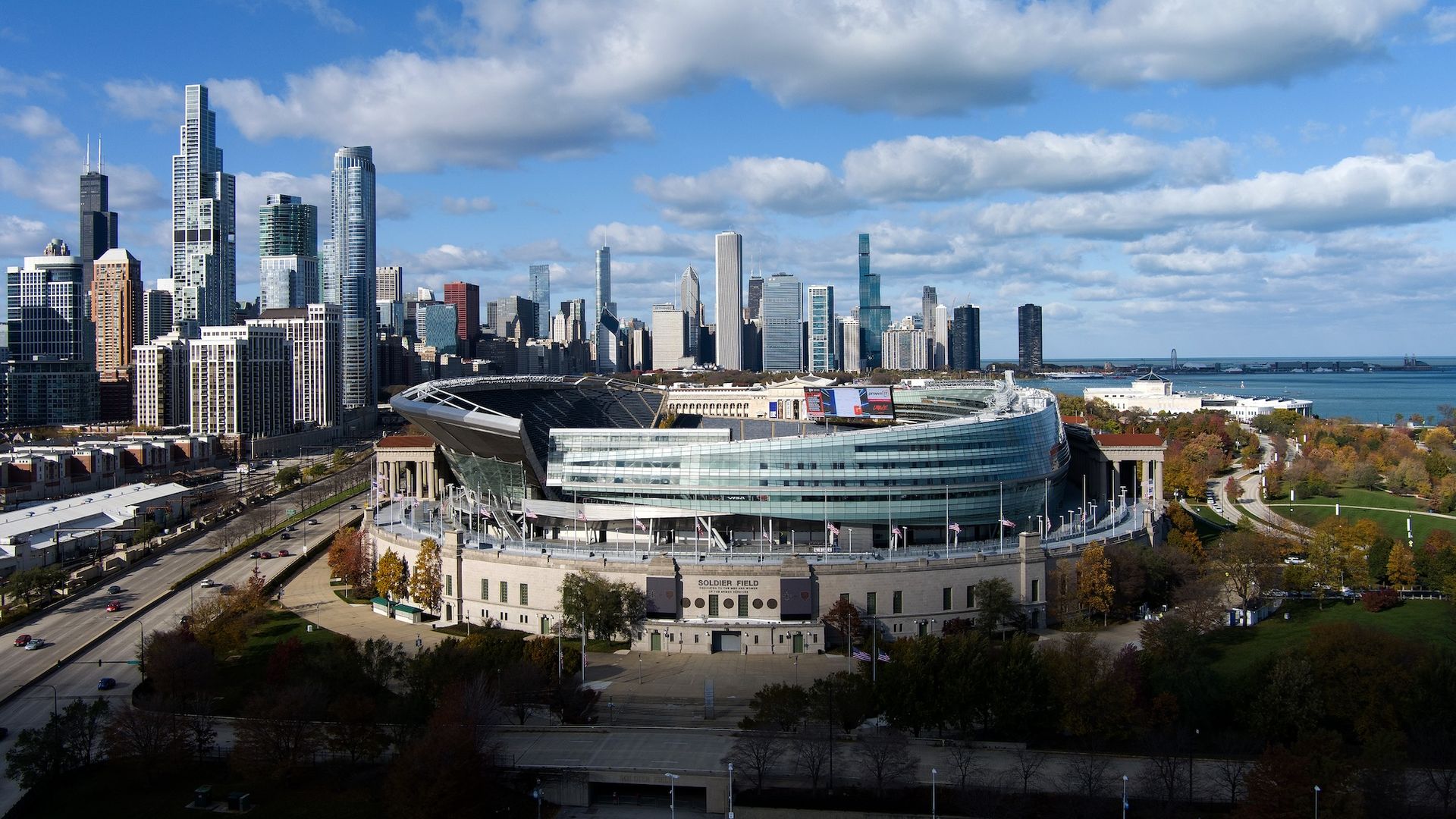The Chicago Letter and Its Aftermath

Those tasked with writing Web List Posting letters to incoming first-year students frequently wonder if anyone reads them. John Ellison, dean of students at the University of Chicago, need not worry. Chicago students, professors, and pundits nationwide have read and scrutinized his letter to new students. “Our commitment to academic freedom means that we do not support so-called trigger warnings, we do not cancel invited speakers because their topics might prove controversial, and we do not condone the creation of intellectual safe spaces where individuals can retreat from ideas and perspectives at odds with their own,” he wrote.
To those who regularly campaign against what they see as political correctness and to plenty of others, the letter was the message they have been waiting for — and that they think students need. But to many others, the letter distorted programs on which many students rely, ignored the hostility many students feel on campus, and belittled the sincerity of faculty members who work to make higher education more inclusive. Many also said that the letter, by criticizing specific academic practices, could limit academic freedom by discouraging the use of those practices.

READ MORE :
- The Top Five Most Expensive Viruses in History and Tips on Avoiding Them
- No politics, please! (Unless it’s anti-Russian politics)
- Why The Best Bloggers Control Their Passion
- Useful Services Offered By Land Surveying Companies
- 5 Values That Create a Great Authority Blogger
In a twist first reported by The Chicago Tribune, Chicago may not be as pure on safe spaces as the letter suggested. It turns out that the University of Chicago website features references to efforts to create safe spaces for students — and even a Safe Space Ally Network for gay, lesbian, bisexual, and transgender students. One of the safe space allies is John Ellison, who wrote to first-year students criticizing the concept. Ellison did not respond to messages, and his email has an “out of office” response.
While Ellison hasn’t been talking, Chicago officials are promoting his ideas. Chicago’s president, Robert J. Zimmer, published an essay in The Wall Street Journal Friday reiterating Ellison’s points and saying that “free speech is at risk” in academe Robot Tip.
“Universities cannot be viewed as a sanctuary for comfort but rather as a crucible for confronting ideas and thereby learning to make informed judgments in complex environments,” he wrote. “Having one’s assumptions challenged and experiencing the discomfort that sometimes accompanies this process are intrinsic parts of an excellent education. Students will only develop the skills necessary to build their futures and contribute to society.
Open to Discomfort
The Chicago letter from Ellison similarly argued that part of a good college education is open to ideas that make one uncomfortable. “You will find that we expect members of our community to be engaged in rigorous debate, discussion, and even disagreement. At times, this may challenge you and even cause discomfort,” he wrote.
While many educators criticize the Chicago letter, two college presidents this weekend urged their students to be open to ideas that make them uncomfortable. Their talks did not attack safe spaces, trigger warnings, or the like, but they positively interacted with ideas that first-year students would find unfamiliar and, in some cases, counter to their way of thinking.